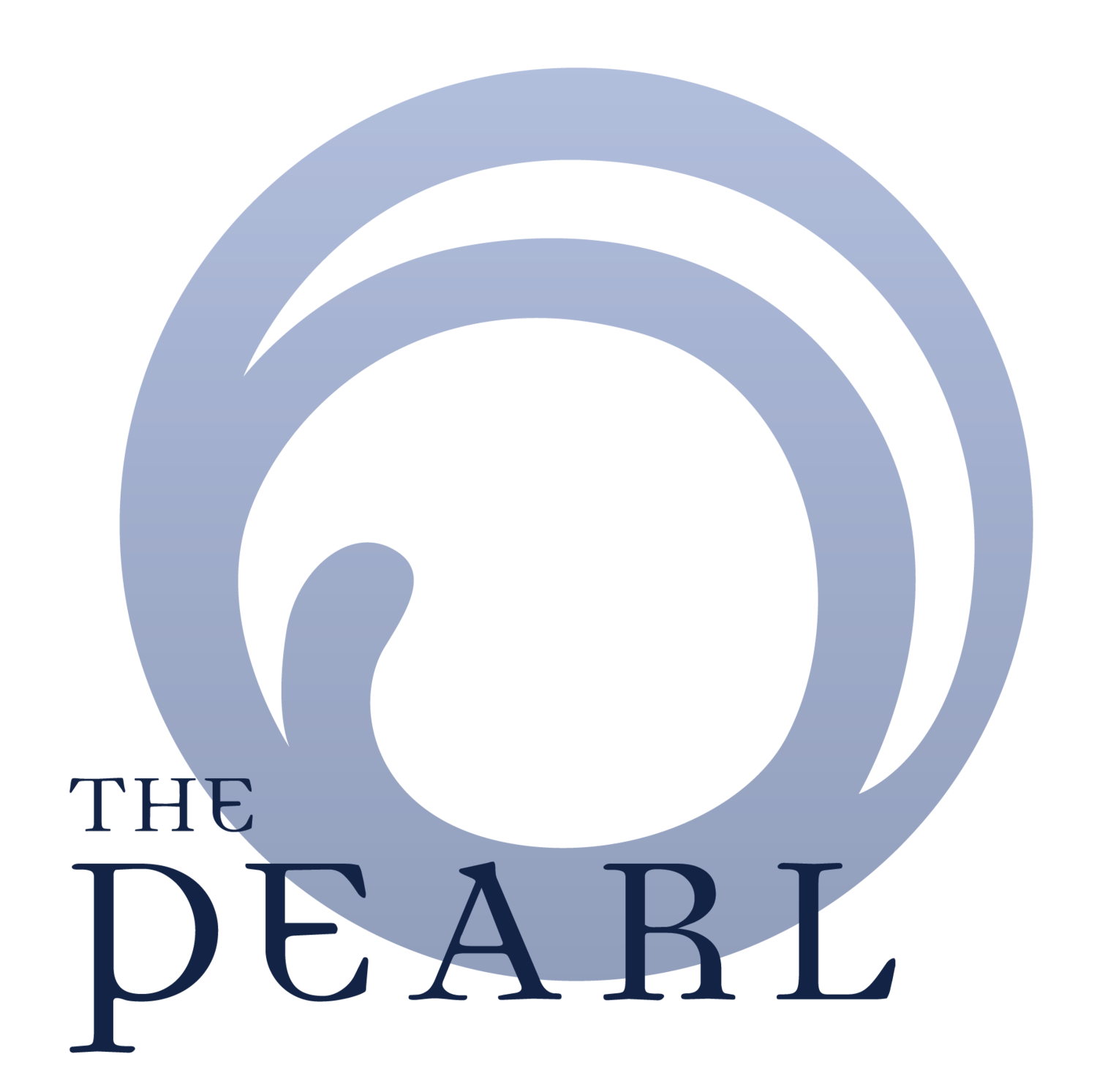Discovering Your Personal Core Values
The Importance of Personal Core Values
Do you ever find yourself experiencing a pervasive unease or stress as you go about your day, and you can’t seem to figure out why? You might be living out of accordance with your personal values.
Given the steep rise in personal development information we’ve seen all over the world in the last decade or so, “knowing your why” or having a set of personal core values probably isn’t a foreign concept to you.
Books, podcasts, blogs, seminars, keynotes, TED talks, and just about every other type of media has, at some point, devoted itself to the idea of having or developing a set of core values. But what exactly does that mean? How can you start discovering a set of values to call your own?
To start, here’s a simple concept to help you define what a core value is. At their most basic, core values are simply how you show up and operate in the world. Core values are the underpinnings upon which you build who you are as a person. Core values are usually distilled into the top 2 or 3 values that you hold in the highest regard.
When you start thinking about which values are important to you, it’s likely that your first thought is: So many things are important to me, how can I have such a small handful of values to define who I am? As people, we are complex and made up of morals, ethics, personality, and perhaps spiritual values. We’ve become who we are because of our parents, our friends, our family, our schools, our hardships, our jobs, and endless other experiences that have developed us as humans. But core values are exactly that—core. Having a small set of personal core values doesn’t mean you aren’t a complex person, it just means that those very few values are THE most essential components of who you are. Values that, in absence, would leave you feeling lost.
If you’ve read any of Brene Brown’s books, you know that values is something she discusses a LOT. In her book, Dare to Lead, she offers a roadmap to discovering your personal values that I’ll share with you here.
Discovering Your Core Values
Your goal is to arrive at the top 2-3 values for you—your core values. Click here for a helpful list which you can print off at home.
Print off the worksheet and start by circling 10-20 of the values which you feel are most important to you.
From here, you can start to draw correlations between the values. For instance, you may pick stewardship, resourceful, and responsibility as separate but interrelated values.
From your list of 10-20 values, take all of them and put them under 2-3 main categories, such that you feel each of the values in the list are related in some way.
From each of those lists, choose the 2-3 values that most clearly embody the remaining values in your list. The “title” values are your core values, and the remaining values left are your second-tier values.
As a litmus test, Brene recommends thinking of your core values in these terms: Your 2-3 core values are where the rest of the second-tier values are tested.
Test Your Values
When you first create a set of personal core values, it’s common to wonder: Are these REALLY my values? Do these few things personify who I am at the deepest level? Some helpful tests to consider when you’ve arrived at a set of values:
Consider a time when you were at your best. How did you feel? Was there an expression of your values in that moment that made it great? If yes, you can feel confident in knowing you’ve settled on the correct personal values
On the other hand, consider a time when you were at your worst and reflect on if the struggle you experienced was because you were not living into your values.
At this point perhaps you’ve explored or even identified some of your own core values. In practice, your core values and actions are, ideally, (but hello, we are all human) in alignment. Often, if a situation feels “off” in some way it’s because there is a mismatch in how you are acting in comparison to your core values. For example, if one of your core values is family, but you’ve been working long days without lifting your head, there’s a good chance your life may start to feel out of balance. Balance occurs the more often our actions and our values are in alignment.
“As people, we are complex and made up of morals, ethics, personality, and perhaps spiritual values.”
Once we have a set of core values, they can become an invaluable rudder to steer us in the direction that feels most authentic to us. When you’ve done the homework of discovering the core principles which are most essential to how you live and operate, you can lean into those values when things are feeling unclear or confusing. I know often times I’m not quite sure why I’m feeling off. I’ll feel as if I’m having a day that just isn’t the greatest, but I just. can’t. quite understand why. It’s almost a pit-of-your-stomach feeling that something isn’t settled within yourself. This can be an opportunity to check in with your values to see if there are things you may have overlooked where you are operating out of alignment with your values. Take a moment of introspections. Are the decisions you’ve made in the last few hours/days/weeks truly in alignment with your personal values?
In addition to exploring your values on a personal level, I find that having company values is of equal importance for many of the same reasons listed above. If you own a business or work in a management capacity, it can be a very powerful exercise to take your team through the personal core value discovery on an individual level as well as going through a discovery process to clearly identify your company’s core values (if you haven’t already identified them). Similar to the linked “values cloud” above, when we sought out to discover our company’s core values, we started with a large idea board. Nothing fancy, just a large piece of butcher paper taped to the wall. We then spent the day filling the board with about 90-100 different words and phrases that we thought best represented us as a team and as a company. From there we worked our way through a similar process as above to arrive at the five values that felt most important to us. Now, years later, our values serve us in the work we do every day.
“Focus not on doing less or doing more, but on doing what you value.” —Gretchen Ruben
When we are feeling unsure of where to turn, uncertain as to how we might navigate a challenging situation—when we can’t decide whether or not to pursue an opportunity… it’s always back to our core values. As a company, our values are how we operate every day, week, month, year.. They are how we interact amongst our team, they are how we interact with our clients, they are how we resolve conflict, and they are how we choose the path forward when the path feels less than defined.
Our company core values:
Candor: We do our best to be open, honest, and direct. We encourage openness and vulnerability. If an issue arises, we discuss it instead of sweeping it under the rug. We make honest appraisals of our strengths and weaknesses, and we admit when we have made a mistake.
Collaboration: As a team, we work together to create exceptional client experiences at each visit. We interface with each other, management, the front desk, and our clients for the best possible outcomes and experiences. We interact with and support the robust local community in which we live.
Excellence in Client Experience: We, at all times, execute our proven processes and ensure that clients are receiving excellent services every day, every time. We treat our clients with care, dignity, and respect. We educate our clients on the best options for their personal wellness. When we fall short on any of this, we admit it freely.
Purpose/Passion/Traction: In our lives we are unified and fueled by our passion and purpose, but we know for those to make a difference that we must clearly identify our goals in order to execute them in our day-to-day work. In our personal lives, we engage in self-care that challenges us to grow. Rubber, meet road.
Balance: We encourage work/life balance as a means of sustainable growth and success both for ourselves and for our clients. We take care of ourselves first, because we cannot care for others if we are not well. We keep our own cups full, so it may overflow into others.













Can you believe the holidays are already here? Ahhhh! Every year it feels like time hits fast-forward. Between work, home, and the general chaos of life, it can feel impossible to squeeze in one more thing—let alone all the holiday extras. And if your to-do list is already unrolling off the desk like a cartoon scroll… same.